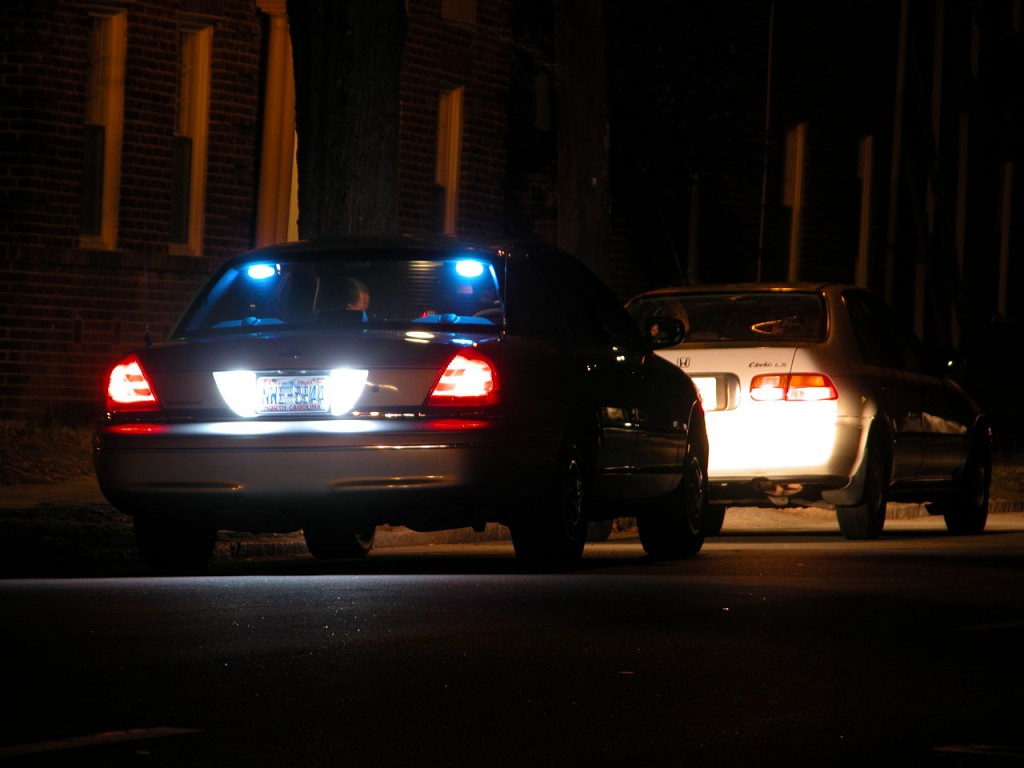The past two years have witnessed a sea change in public opinion surrounding law enforcement. In June, just 56 percent of Americans expressed “a great deal” or “quite a lot” of confidence in the police, and 43 percent of Americans now support Black Lives Matter, a movement that was virtually unknown in early 2014. But even as black men and women like Eric Garner, Michael Brown, Walter Scott, Sandra Bland, Alton Sterling and Philando Castile have become household names, the focus on explicit instances of police brutality has belied a subtler form of discrimination toward minorities by law enforcement: the use of municipal fines and fees to secure revenue.
Across the United States, cities are increasingly using revenue raised from sources such as parking infractions, traffic tickets, or housing code violations in order to plug holes in their budgets. For an example, look no further than Ferguson, Missouri. A scathing report released by the Department of Justice on the Ferguson Police Department found that the City of Ferguson’s “emphasis on revenue has compromised the institutional character of Ferguson’s police department, contributing to a pattern of unconstitutional policing.” City officials described the FPD’s usage of traffic tickets and other measures to boost the city’s revenue as “wonderful” and “awesome.” From 2010 to 2013, Ferguson’s revenue collections ballooned from $1.38 million to $2.46 million.
All the while, Ferguson’s residents suffered under the burden of excessive fines and fees. The DOJ report uncovered occasions when Ferguson’s municipal court charged hundreds of dollars for violations such as “Manner of Walking,” “Peace Disturbance,” and “High Grass and Weeds.” In many cases, the city mandated that individuals appear in municipal court before a fine could be repaid, a difficult task for those in poverty or without reliable transportation. When individuals did not appear or failed to pay their fines in full, the court imposed additional fines, compounding the problem.
Worse still, there is clear evidence that the FPD deliberately targeted blacks in enforcing these violations. The DOJ report noted that black residents accounted for “85% of vehicle stops, 90% of citations, and 93% of arrests made by FPD officers, despite comprising only 67% of Ferguson’s population.” Certain violations were used “almost exclusively against African Americans…African Americans accounted for 95% of Manner of Walking in Roadway charges, and 94% of all Failure to Comply charges.” The vast disparity in Ferguson’s enforcement of municipal codes not only sheds light on a pattern of over-policing, but also reveals that black residents were charged with the vast majority of these violations.
While the Ferguson case ought to cause concern, what’s worse is that this approach is paralleled in cities across the United States. In New York City, police officers have expressed worry over a secret “20 and one” rule requiring officers to issue twenty tickets and one arrest each month, despite a state ban on ticket and arrest quotas. In Augusta, Georgia, a homeless man arrested for stealing a can of beer was “required to wear an electronic monitoring device and pay the $12-a-day rental fee himself,” adding up to $400 in fines over one year. In 2012, Washington, D.C. raised over $92 million in parking tickets alone. And the racial disparities in enforcement on display in Ferguson are also present in other cities: according to a report released by a coalition of civil rights organizations, in San Francisco, black people make up 6 percent of the population but almost half of those arrested for a “failure to appear/pay” traffic court warrant, and in Los Angeles, black people make up 9 percent of the population but a third of those arrested for driving with a suspended license. Indeed, by the night Philando Castile was shot and killed in Minneapolis, he had already been stopped 52 times by police since 2002 and charged with $6,588 in various fines and fees.
It is clear, that while racial disparities present in police use of force continue to plague the United States, a much more insidious pattern exists in policing practices. Worse, it appears that cities like Ferguson have even encouraged this discriminatory behavior in law enforcement. By emphasizing revenue-based policing, cities have encouraged their police departments to treat citizens as revenue sources. In order to prove that black lives matter in the United States, cities must allow their black residents to go outside without fear of being slapped with a fine they cannot pay.
Image Credit: Ildar Sagdejev/Wikimedia Commons
